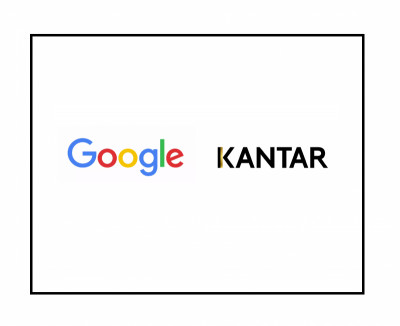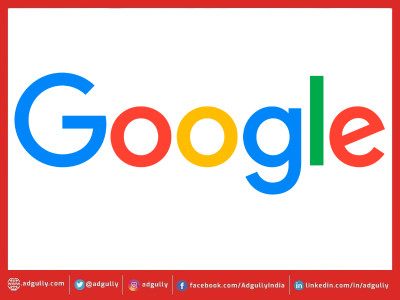Traditional auto industry is riding a digital wave, says Google Kantar study
Google India and Kantar today released the findings of the ‘Auto Gear Shift India 2020’ report that captures the digital influence on Indian automobile buyers and the opportunities for the industries. Focusing on the change in consumer journey of new car buyers, two-wheeler buyers, and used car buyers and sellers in India, the comprehensive study captures consumer behaviors across a wide variety of segments like hatchback, sedan, SUV, Scooters, entry bikes, deluxe bikes, premium bikes and used cars with inputs from unorganised dealers and organised dealers.
The report calls out the digital transformation that is underway in the Auto industry, as the consumer purchase journey is changing across the country. With the consumer placing a much higher importance on online and digital channels - search engines, online videos and dealer’s websites have become the three most important touch points for the buyers - leaving behind traditional media platforms.
Internet is an indispensable research source
Over 90% of the buyers across new cars, used cars, and new two-wheelers buyers research online (95% new car buyers, 94% used car buyers, and 90% two-wheeler)
Over 90% of new and used car buyers and 81% two wheeler buyers rely on search engines, to read vehicle reviews and get access to information on aggregators websites
With online video growth in the country, YouTube has emerged as a critical platform for buyers to find independent and credible videos that solve their queries.
95% of new car buyers, 89% of used car buyers, 87% used car sellers and 90% two wheeler buyers
Diving further into the influence of online videos, the report finds that Videos act as ‘buyers’ consulting zones and online video plays a significant role in the purchase journey of an automobile shopper with nine out of the ten buyers doing one follow up action triggered by the video. It allows buyers to experience cars and two wheelers from different and unique angles such as vehicle features, design (walk-around interior, features and technology), in-action (vehicle safety tests, VR content, performance videos), reviews and ads (testimonials, third party reviews or comparison tests. Sellers who sell through Organised channels in Tier 2 and Tier 3 use more videos.
Automobile shoppers go online to find their dealers
As digital becomes the primary touch point for prospective buyers, automobile brands and dealerships have heightened their online presence to be a part of the consumer’s car-purchasing journey. The report states that 72% of the new car buyers, 70% of the used car buyers, 70% of the used car sellers and 54% of two-wheeler buyers searched for dealership online.
Commenting on the report, Nikhil Bansal, Head of Industry - Auto, Google India, said, “The auto industry is undergoing a digital transformation and many leading brands have already digitised their consumer touch points. With the consumer preferences shifting to digital across categories, we will see more brands find new ways to engage consumers on digital platforms. The report also captures that the duration between research and final-decision making has become short with easy access to information online. This makes it even more important for auto brands to create richer experiences and content that allows buyers to not just get information but also get an immersive brand experience to engage and influence their decision.”
The report also states that the window of being influenced and final decision-making is short. While 85% of new car and 92% used car buyers decide within two months, about 91% of Tier-2 buyers took almost two months. 95% of two-wheeler buyers decide within 2 months.
New consumer trends to watch out for:
Buying car online:
Searches for “Buy car online” emerged for the first time amidst Covid-19, indicating a huge shift in consumers' expectations from brands. This was also reflected in the offline research with more consumers willing to purchase an automobile online rather than going to the dealer showroom. 54% of new car buyers would consider to buy online if given the option as compared to 44% 2 years back.
Immersive 360-degree video’s and virtual reality could replace test drives 70% car buyers and 60% two-wheeler buyers agreed that 360-degree videos or VR videos would probably convince them to buy cars without a test
Consumers are willing to pay more for connected technology and personalisation
54% of new car buyers are willing to pay for “connected” technology in their vehicle with almost (82%) hatchback buyers, (79%) of sedan buyers and (85%) of SUV buyers are likely to pay premium.
More consumers want personalisation options with 50% new cars and two wheeler buyers using car configurators, before purchase.
About the survey: It was an extensive survey of 2,000 respondents covering 17 cities from Tier-1, 2, 3 areas. While the respondent base was across male and female, in the age groups of 18 to 40 years. The respondents were chosen based on their access to the internet.
















Share
Facebook
YouTube
Tweet
Twitter
LinkedIn